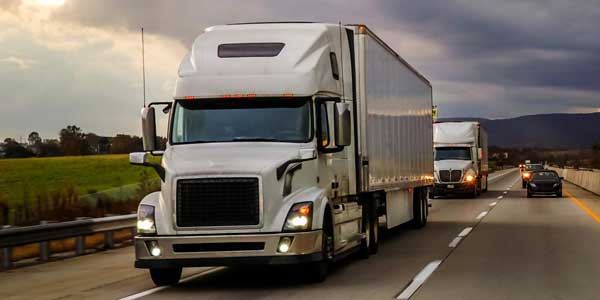If you had to leave your home in an emergency, you would have only minutes to choose what stays and what goes, and your financial records may be one of the last things on your mind. This was the case during the 2018 fires in Santa Rosa, California. Some personal friends of mine received a call late at night saying they had 30 minutes to get out of their house because the fires were coming their way. Fortunately they didn’t lose their home. So preparing ahead of time can help you and your family collect important items, and improve how quickly you’re able to get to safety.
Collecting, copying, and storing your financial information now could help you avoid problems and recover faster after a disaster. This checklist can help. Use it to make you have have all the information and documents you need. Then keep this checklist with your important documents so you can refer to it when needed.
1. Account Numbers
Collect together your account and customer service numbers.
2. Personal Records
Make and store copies of:
- Driver’s licenses
- Passports
- Social Security Cards
- Birth Certificates
- Marriage and divorce papers
- Home titles or deeds
- Car, boat, and RV registrations and titles
- A room-by-room inventory of your belongings. Also take pictures of each room and store them on a cloud server.
3. Financial Records
Most financial records can be replaced, but you need your insurance information if your property is damaged, or if you or your family need medical care. Keeping records safe also helps avoid trouble if questions arise later about your investments, taxes, or work benefits.
Make sure to store copies of:
- Insurance policies
- Investment records
- Income tax information
- Pay stubs and employer benefit records
- Wills, living wills, trusts, and financial and medical powers of attorney
4. Computer Files
If you keep financial records, passwords, family photos, and videos on your computer, consider backing up the information to a secure cloud storage service, or back up your data regularly and keep backups somewhere safe.
Keep important documents safe and always make copies
Be sure to secure and copy your important papers. Keep the originals in a water-tight container, fire safe, or a bank safety deposit box. If you keep your documents at home, be sure you can grab them in a hurry and go.
Store copies somewhere else, such as a secure place at work or with a trusted relative or friend.
If you have access to a computer, you can scan your documents and them put them on a flash drive or store the information on a secure online storage website, such as Google Drive, Dropbox, Box, etc.
Inventory Your Belongings
A written inventory of your belongings, backed up by a video or pictures of each room in your house, can help prove what you lost and what was damaged.
After A Disaster
If a disaster hits your home, as soon as possible, contact your credit card company, mortgage lender, other creditors and your insurance agent to let them know about your situation. Most of them have ways to help you.
If you can’t live in your home, check with your utility companies to see if they can shut off services temporarily, that way you can keep the extra money in your budget.
Many people and groups will offer to help. Disaster-chasing criminals may also show up and try to scam you. Be prepared. Watch out for:
- Upfront fees to help you claim services and benefits, or get loans. Government employees never charge to help you get a benefit or service.
- Contractors selling repairs door-to-door, especially if they offer deep discounts or ask you to pay them upfront.
- Insurance agents who try to sell you after-the-fact policies.
- Organizations with names similar to government agencies or charities.










